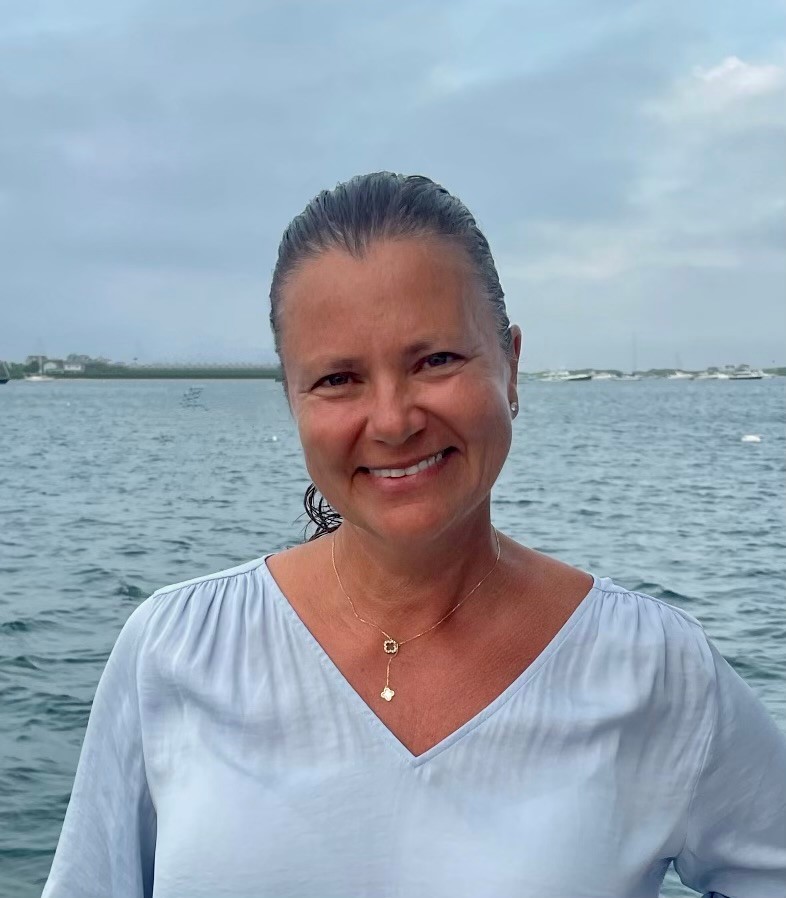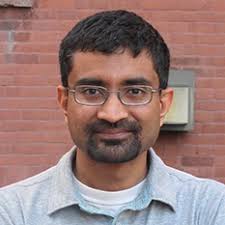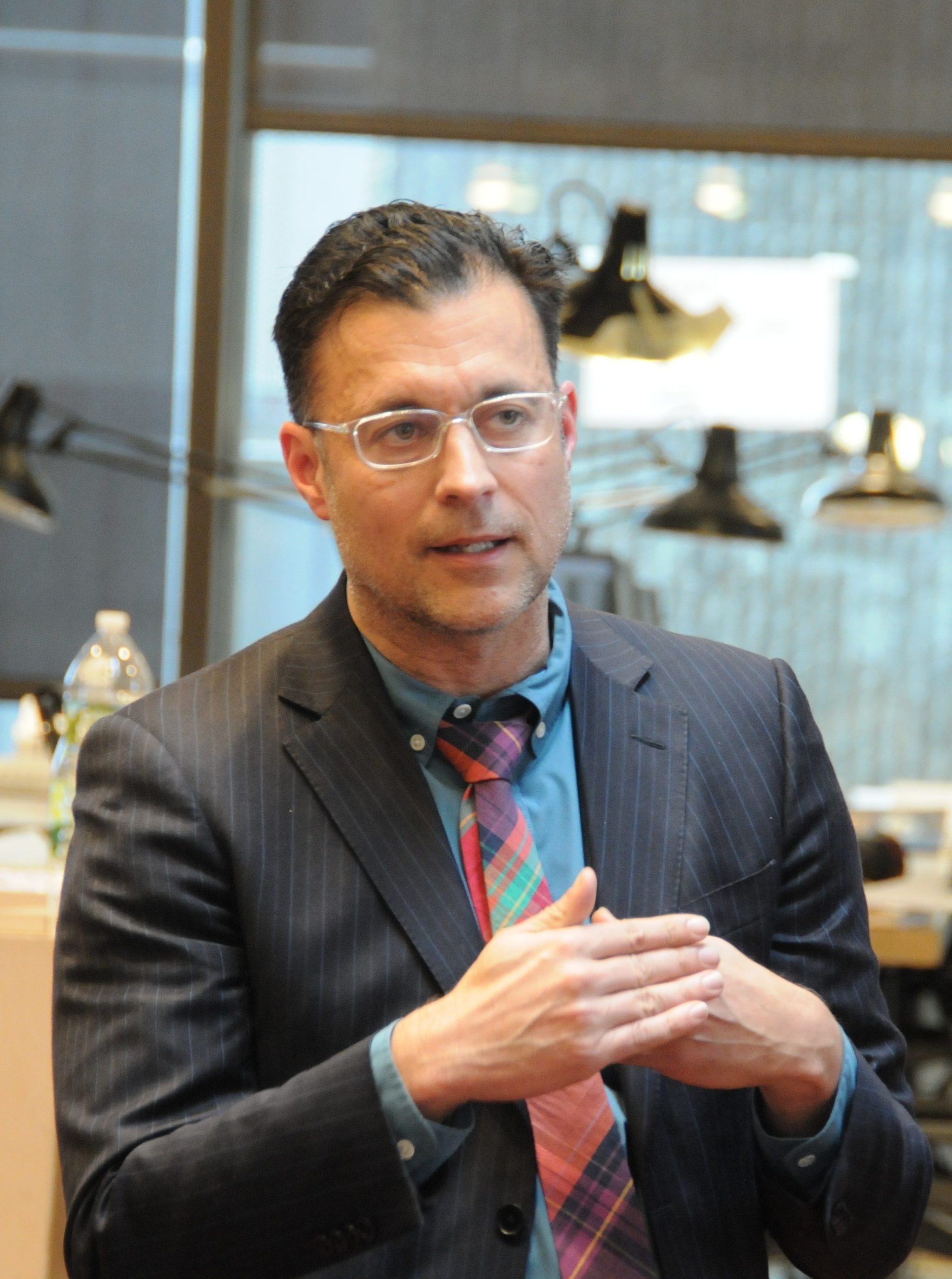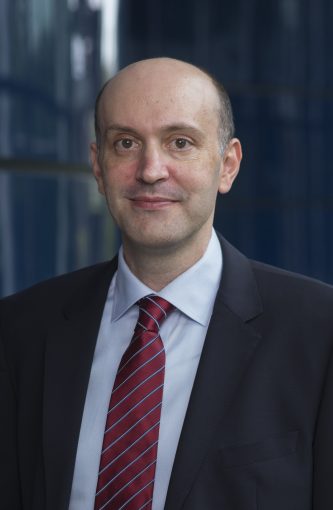Fellows of Jonathan Edwards
Jason AtkinsonBio: |
|
 |
Hana AugustinovaBio:Dr. Hana Augustinova finished her medical education in UP Olomouc, Czech Republic. She is board certified ophthalmologist. She worked as a research fellow at BWH Boston. She is now working as an artist, independent art curator and she is very passionate about promoting young and upcoming artists, organizing art trips and art soirée. She can be reached at h.augustinova@gmail.com. |
 |
Carolina BaffiBio:Senior Lector I of Spanish and Portugese Carolina earned a PhD in Latin American Literatures and Cultures from Columbia University in 2017. She has taught at Columbia, Northwestern University, and Southern Connecticut State. Currently she is working on a book project, titled The Avant-Garde in the Tabloids: Episodes of Cultural Reconfiguration in the Argentine Popular Press of the 1920s, which argues that a strong redefinition of the notions of author, genre, and ‘work,’ the labor of writing, took place there. Her new project studies literary spaces as important loci of resistance and experimentation for Latin American women. The research centers on the figure of the “poetisa,” and the spaces reserved, outside the public and elitist frays, for her practices. Carolina’s interests include literary theory, avant-garde literary practices, poetry and poetics, short forms, and visual culture, especially photography. |
 |
Paul BaileyBio:Paul B. Bailey, a graduate of the Yale School of Architecture, has been an architect in the City of New Haven for over 30 years. He specializes in historic restoration, single and multi-family housing, supportive housing and green design. |
 |
Mahesh BalakrishnanBio:Associate Professor of Computer Science |
 |
Sunil BaldBio:Professor (Adjunct) in the School of Architecture |
Cristiana BaloescuBio:Assistant Professor of Emergency Medicine |
|
 |
Nicholas BarberisBio:Stephen and Camille Schramm Professor of Management and Professor of Economics |
 |
Russell Barbour Ph.D..Bio:Russell Barbour Ph.D.. As Associate-Director for Yale’s Center for Interdisciplinary Research on AIDS (CIRA), he studies HIV and hepatitis C risk. His teaching focuses on clustered and missing data, and Bayesian Methods. Dr. Barbour also teaches seminars at the State University of St. Petersburg. He is involved in international health projects in South Africa, Equatorial Guinea, Sudan and Madagascar. His interest in wildlife conservation includes service on the Advisory Board of the Cape Peninsula National Park in South Africa and the Development Committee of the Beza Mahafaly Special Reserve in Madagascar. russell.barbour@yale.edu |
Gojko BarjamovicBio:Senior Lecturer |

